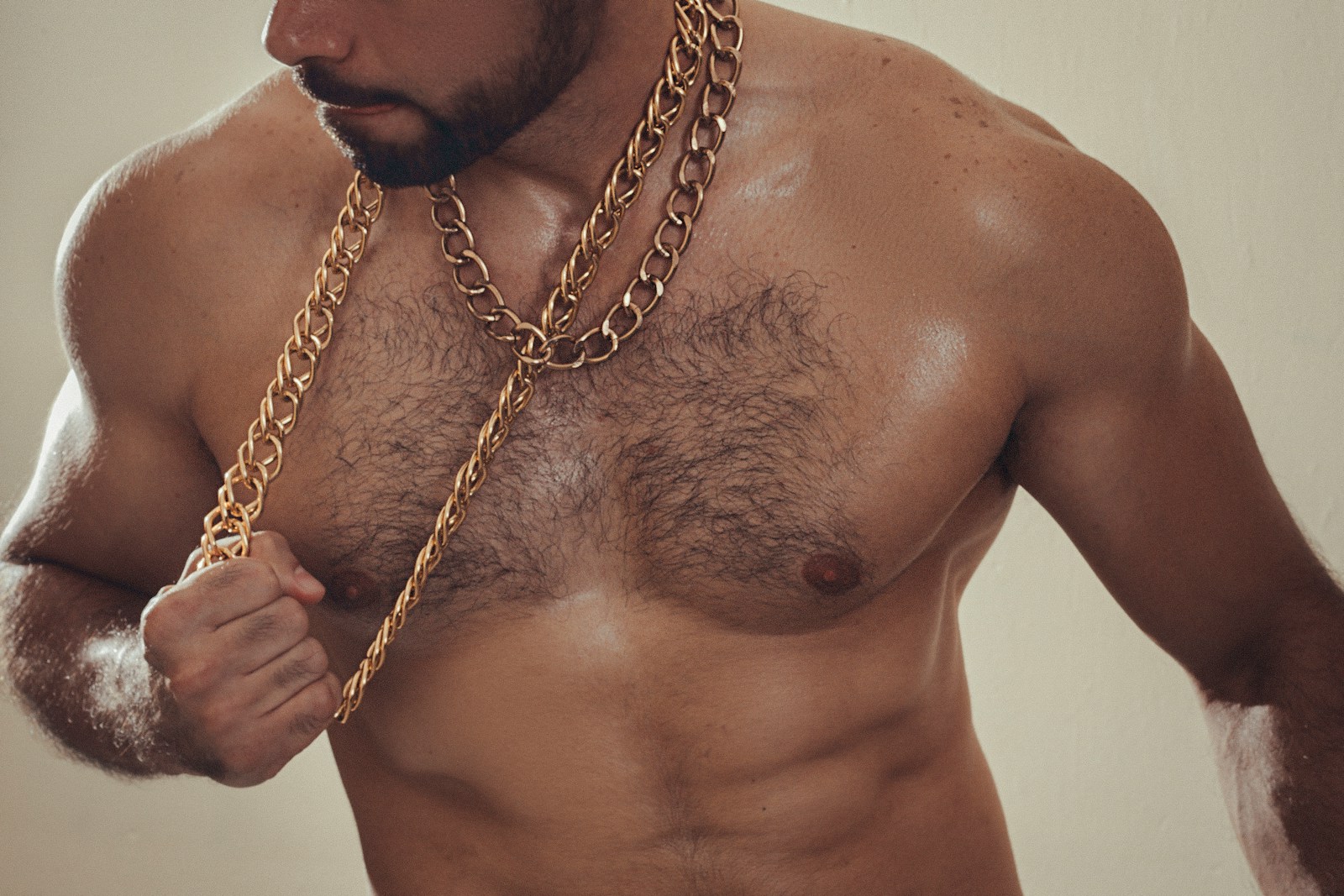This Post Contains Affiliate Links. Please Read Our Disclosure for Full Information.
Yo, legend! 👊
If you’ve ever caught yourself thinking, “How do I look and feel more masculine without trying too hard?”—bro, you’re not alone.
Masculinity isn’t about acting tough 24/7 or looking like The Rock (though props if you do 💯). It’s about confidence, presence, energy, and how you carry yourself.
So if you’re ready to turn up the alpha vibes without the cringe, here are 12 legit ways to be more masculine—inside and out. Let’s gooo 👇

🏋️ 1. Build Strength—Physically AND Mentally 🧠
Muscles don’t just look good—they boost confidence, discipline, and resilience.
✅ Hit the gym, lift weights, or start calisthenics.
✅ Push yourself mentally too—real masculinity is about strength in mind and body.
🕶️ 2. Fix Your Posture—Stand Like a King 👑
✅ Shoulders back, chest open, head up = instant presence.
✅ Confident posture = masculine energy people can feel when you walk into a room.
👉 Posture Corrector for Confidence
💬 3. Speak with Purpose—No Mumbling Allowed
✅ Talk slow, clear, and intentional.
✅ Masculine energy is about being heard, not being loud. Own your words, bro.
👉 Public Speaking for Success Book
👃 4. Smell Like a Legend
✅ A solid masculine scent = game changer.
✅ Your vibe starts with how you smell—go for woody, fresh, or spicy colognes.
💈 5. Groom Like a Boss
✅ Clean beard, sharp haircut, fresh breath = basic but essential masculine hygiene.
✅ When you look sharp, you feel powerful.
🛠️ 6. Master a Skill (Any Skill!)
✅ Masculinity is linked to competence—so become dangerously good at something:
Fixing stuff, cooking, martial arts, gaming—whatever gives you confidence and pride.
🕰️ 7. Respect Your Time (And Others’ Too)
✅ Masculine men are disciplined with their time.
✅ Show up when you say you will. Be on time. Respect yourself = others will too.
🍳 8. Eat Like You Respect Your Body
✅ Ditch the junk—fuel yourself with real, whole food.
✅ Strength, stamina, and sharpness come from what you eat.
👉 High-Protein Meal Prep Containers
📚 9. Stay Curious—Real Men Never Stop Learning
✅ Masculinity = growth mindset.
✅ Read, ask questions, learn new things. Knowledge is power, bro.
👉 Self-Improvement Books for Men
🧘 10. Stay Calm Under Pressure (It’s Alpha AF)
✅ Masculine energy is calm, steady, unshaken.
✅ Control your emotions. Respond, don’t react. People will respect your cool.
👉 Guided Meditation App Subscription
🎯 11. Set Goals and Chase Them Relentlessly
✅ Masculine energy = direction and purpose.
✅ Write down goals, take action, track progress. Even small wins build that alpha swagger.
🔥 12. Walk With Confidence—Even If You Fake It First
✅ Shoulders back, steady pace, eyes forward.
✅ Confidence isn’t something you wait for—it’s something you create with action.
👉 Leather Boots That Command Respect
Final Alpha Thoughts 💥
Bro, masculinity isn’t about being macho—it’s about confidence, respect, discipline, and self-growth.
Start small, stay consistent, and let your inner king rise. You got this 💪🔥
Drop a 🦁 in the comments if you’re ready to level up your masculine energy!
xoxo,
Serenity Talks (Yes, I got the guys too!)
We are giving it for free to our users
Get 7 Free Digital Planner
The Bundle Includes -
Daily Planner, Weekly Planner, Monthly Planner, Self Care Planner, Daily Reflection, Goal and Habit Tracker, Gratitude Journal and Budget Tracker

